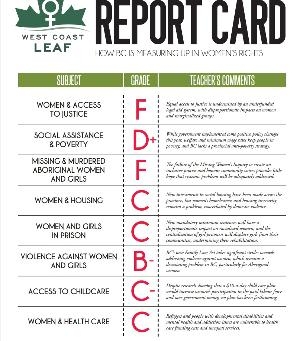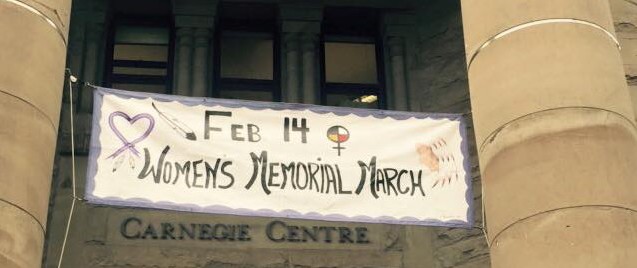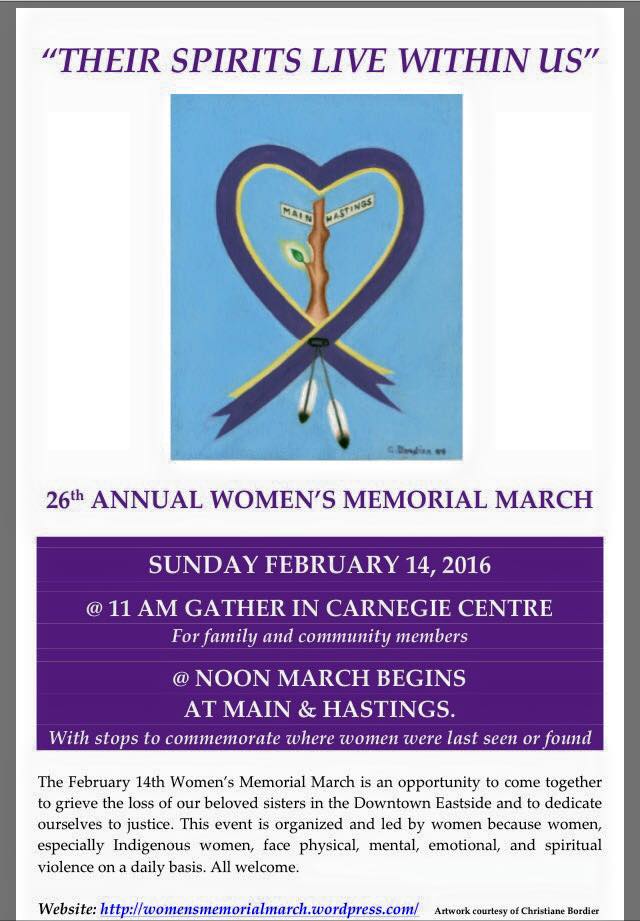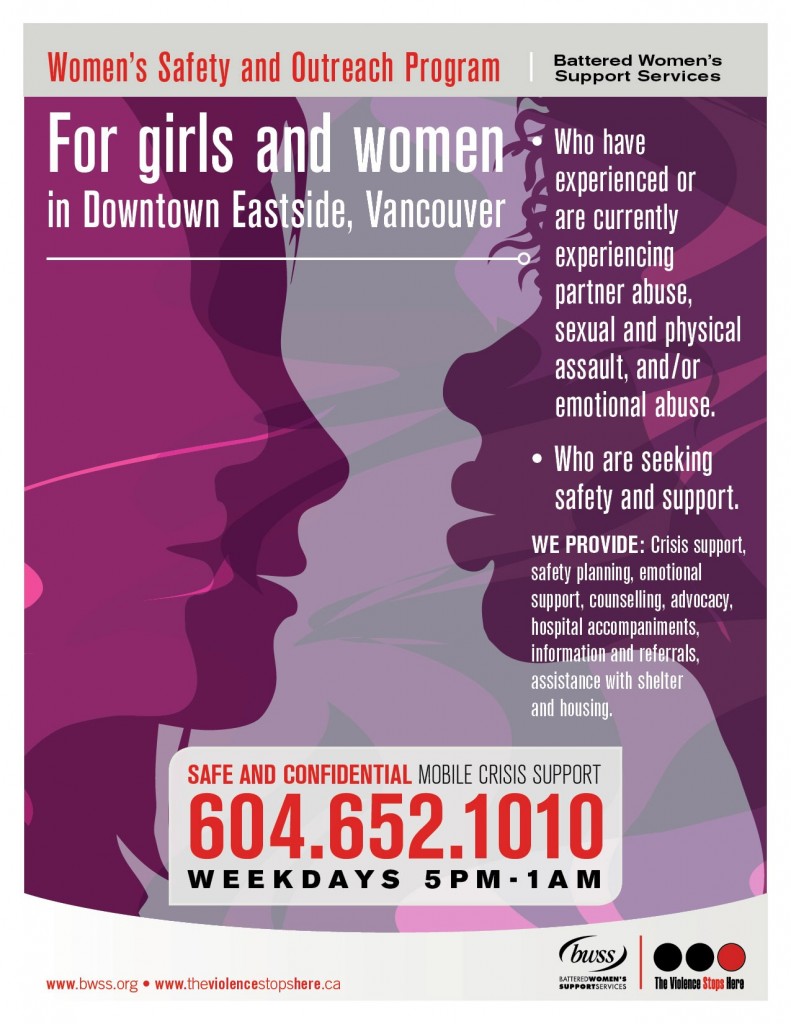By Yolande Cole

A Vancouver non-profit legal organization has assigned what it describes as a “barely passing grade” to B.C. in its annual evaluation of women’s rights in the province.
In a report released today (October 18), the West Coast Women’s Legal Education and Action Fund gave a score of C- in its assessment of how B.C. is measuring up to obligations under the United Nations Convention on the Elimination of all Forms of Discrimination Against Women.
The organization argues that B.C. is falling particularly behind in the areas of women’s access to justice, social assistance and poverty, and missing and murdered aboriginal women and girls.
According to West Coast LEAF legal director Laura Track, the issue of poverty is a common theme identified across all categories evaluated.
“Whether we’re considering women’s access to safe housing, childcare, legal aid, women’s health, issues of violence, the disproportionate impact of poverty on women is very clear,” she told the Straight by phone.
“And B.C.’s poverty rate, which has been the highest in the country for the last 12 years, masks even higher rates of poverty for particular groups of women, particularly aboriginal women, immigrant women, and women heading lone-parent families.”
The category that scored the lowest grade in the organization’s report card was access to justice.
“It’s very, very difficult to get legal representation through legal aid for family law matters, and for women that’s particularly significant because of the fact that women tend to be more likely to be economically disadvantaged by the breakdown of a relationship, and to find themselves in need of free legal representation to deal with custody and access matters, child support, spousal support, division of property and all of those issues that go along with the breakdown of a relationship,” said Track.
She argued the common theme of poverty throughout the group’s evaluation points to a need for a provincial anti-poverty strategy. In the group’s report, they note that nearly 50 percent of children of new immigrants in B.C. are living in poverty—a statistic identified in a November 2011 report on child poverty from the organization First Call B.C.
“That is a shocking number, and I think highlights the ways in which many of these issues that we look at, and in particular poverty, have disproportionate impacts on already marginalized populations,” Track commented.
The organization also assigned a failing grade to the province’s action on missing and murdered aboriginal women and girls. A public inquiry on police investigations of missing women from the Downtown Eastside drew criticism last year, following the B.C. government’s decision not to cover the legal costs of community groups.
West Coast LEAF did give higher marks in some areas, such as the issue of violence against women, following the passage of the new Family Law Act. The organization also raised the grade it assigned in its report last year in the category of housing, following new provincial investments in supportive housing for women.
The article was published on Straight.com on October 18, 2012.









